Điểm nhấn
-
 Hội thảo “Thực trạng người Việt Nam hồi hương từ Vương quốc Anh giai đoạn 2014 - 2023”
Hội thảo “Thực trạng người Việt Nam hồi hương từ Vương quốc Anh giai đoạn 2014 - 2023”
-
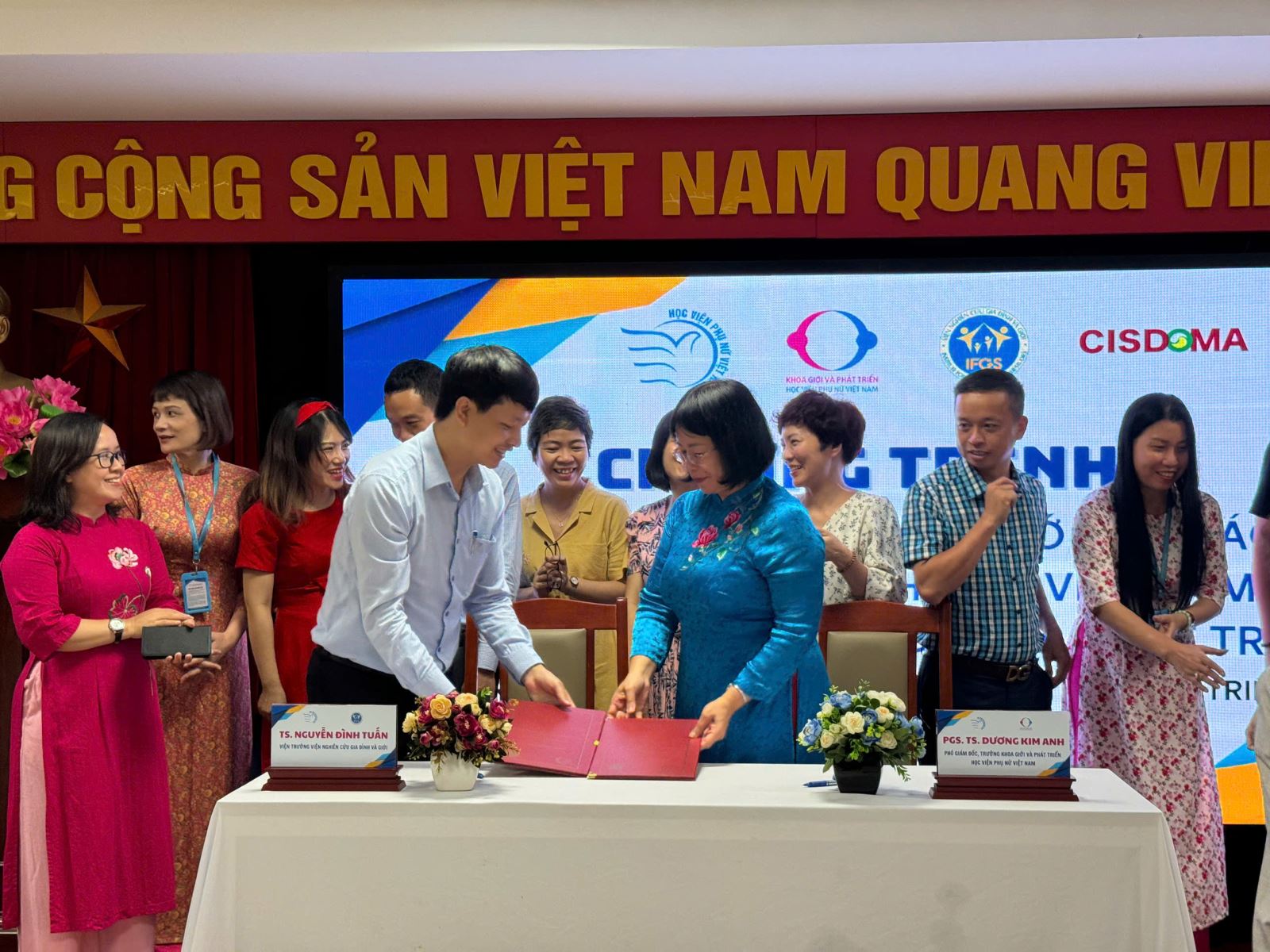 Lễ Ký kết biên bản ghi nhớ hợp tác giữa Học viện Phụ nữ Việt Nam với Viện Nghiên cứu Gia đình và Giới
Lễ Ký kết biên bản ghi nhớ hợp tác giữa Học viện Phụ nữ Việt Nam với Viện Nghiên cứu Gia đình và Giới
-
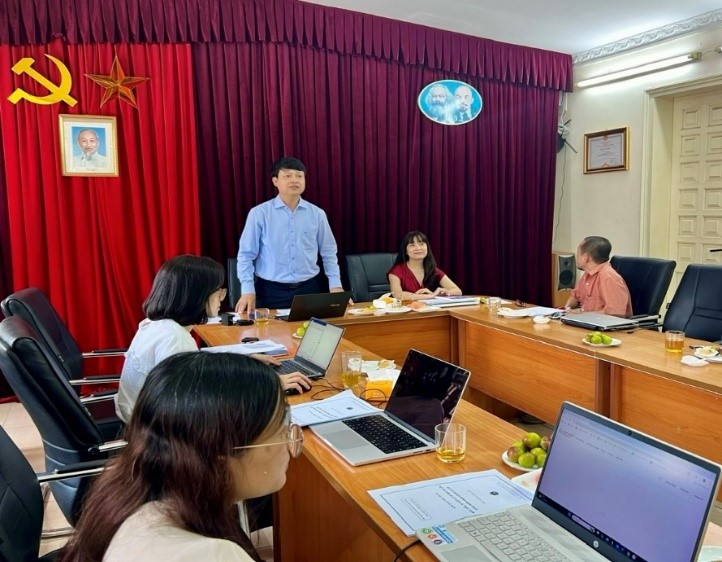 Hội thảo khoa học: "Bộ chỉ số gia đình hạnh phúc: Một số vấn đề lý luận và thực tiễn"
Hội thảo khoa học: "Bộ chỉ số gia đình hạnh phúc: Một số vấn đề lý luận và thực tiễn"
-
 Tọa đàm khoa học "Vận dụng lý thuyết trong nghiên cứu khoa học xã hội"
Tọa đàm khoa học "Vận dụng lý thuyết trong nghiên cứu khoa học xã hội"
-
 Hội nghị Đối thoại giữa Chi ủy, Lãnh đạo viện với đảng viên, viên chức và người lao động Viện nghiên cứu Gia đình và Giới 6 tháng đầu năm 2024
Hội nghị Đối thoại giữa Chi ủy, Lãnh đạo viện với đảng viên, viên chức và người lao động Viện nghiên cứu Gia đình và Giới 6 tháng đầu năm 2024
-
 Chi bộ Viện nghiên cứu Gia đình và Giới tổ chức sinh hoạt chuyên đề: Đoàn kết thống nhất trong Đảng theo tư tưởng Hồ Chí Minh
Chi bộ Viện nghiên cứu Gia đình và Giới tổ chức sinh hoạt chuyên đề: Đoàn kết thống nhất trong Đảng theo tư tưởng Hồ Chí Minh
-
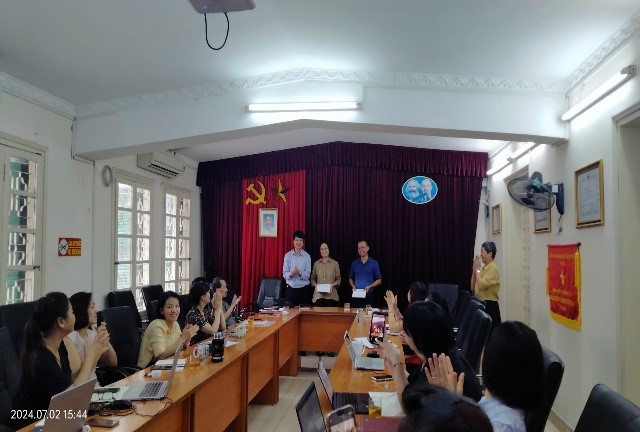 Cuộc thi “Nét đẹp và giá trị gia đình Việt Nam” hưởng ứng Ngày Gia đình Việt Nam 2024
Cuộc thi “Nét đẹp và giá trị gia đình Việt Nam” hưởng ứng Ngày Gia đình Việt Nam 2024
-
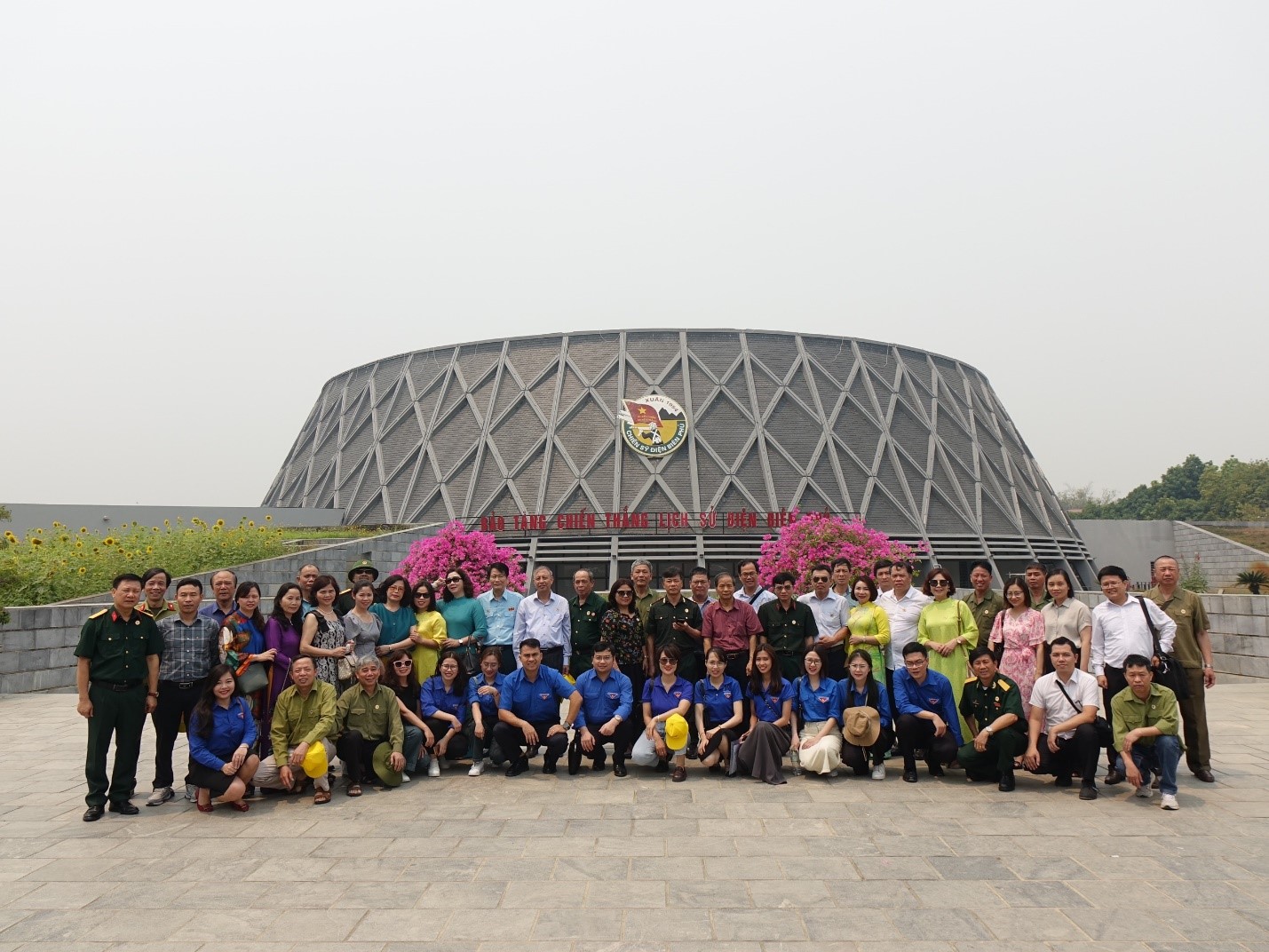 Hội Cựu chiến binh, Đoàn Thanh niên Viện Hàn lâm Khoa học xã hội Việt Nam đi thăm lại chiến trường xưa Điện Biên Phủ
Hội Cựu chiến binh, Đoàn Thanh niên Viện Hàn lâm Khoa học xã hội Việt Nam đi thăm lại chiến trường xưa Điện Biên Phủ
- Tổng mục lục Tạp chí 2023
-
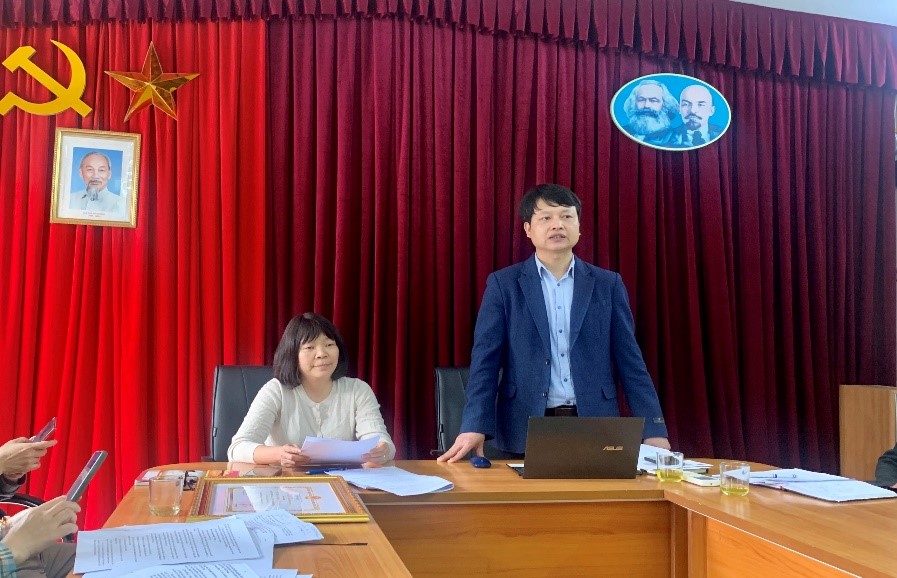 Viện nghiên cứu Gia đình và Giới phát động phong trào thi đua và ký Giao ước thi đua năm 2024
Viện nghiên cứu Gia đình và Giới phát động phong trào thi đua và ký Giao ước thi đua năm 2024
Liên kết web
Số lượt truy cập
21
5407461
Chi tiết tạp chíNo. 1 - 2015
Spring Scientific Workshop 2015
The Institute for Family and Gender Studies and the Institute of Sociology co-organised the workshop in order to open the scientific activity plan which exchange and foster the research collaboration between two institutes in Hai Duong province on 27th February 2015. Assoc. Prof. Dr. Nguyen Huu Minh, Director of the Institute for Family and Gender Studies and Assoc. Prof. Dr. Dang Nguyen Anh, Director of the Institute of Sociology, co-chairman of the workshop, made opening remarks.
Some research findings from national and ministerial–level scientific projects were performed in two sessions of the workshop.
There were 3 presentations on the findings of 3 ministerial-level scientific research projects of the Institute of Sociology in 2013-2014 in the first session: 1) The suburban adults‘ livelihoods through the case study in 3 communes in Ha Noi presented by Assoc. Prof. Dr. Vu Manh Loi; 2) The roles of social work in ensuring social security in Vietnam perfomed by Dr. Bui Thi Thanh Ha; 3) Prostitution: approaches, public oppion and solution orientation given by Prof. Dr. Trinh Duy Luan.
In the second session, the Institute for Family and Gender Studies had two presentations resulting from two ministerial–level scientific research projects in 2013-2014: 1) Viewpoints, degree and some impact factors on family (the case study in Quang Ngai province) presented by MA. Nguyen Thi Thanh Tam; 2) Vietnamese family value system in the Reform period performed by Assoc. Prof. Dr. Le Ngoc Van. Dr. Dang Thi Hoa summarised some initial findings of the national-level scientific research project in 2014-2015: Some cross-border marriage issues and the social development in the mountainous provinces of Vietnam in sustainable development.
All presentions received a wide range of useful comments, especially, from senior researchers. These were valuable suggestions to revise the final reports and to develop the further research studies next time.
To conclude, Assoc. Prof. Dr. Dang Nguyen Anh highly evaluated all the presentations as well as the comments. The workshop brought about the opportunity for the researchers of both institutes to share the new research issues and results as well as strengthened the relationship between both institutes. The workshop indicated the positive effectiveness of the scientific research collaboration and became the base to co-organise annual exchange workshops next years.
Ethical Challenges in Doing Human Trafficking Research
The vulnerability of millions of trafficked victims worldwide has attracted the attention of people who want to join hands in either protecting the victims or raising voices to help end human trafficking crimes. Human trafficking, however, is a sensitive issue to deal with because it relates to organized crime and the reprisals against trafficked victims and even against practitioners and researchers by traffickers, pimps, or criminal networks. Doing research on human trafficking is not an easy task. A range of questions appears during the process of conducting the research, for example: What are possible risks in doing research on human trafficking? How to mitigate those risks and assure safety for research participants and researchers themselves? This discussion about ethics shares my understanding and experience in undertaking human trafficking research and managing risks in the field as well as my rules for protecting the rights and safety of trafficked victims and those who are involved in the research. The paper shows that ethical considerations are of utmost importance in human trafficking research. It sets out different ethical principles and areas of consideration to help identify and minimise inherent risks. Further, it points out necessary ethical recommendations for those who are interested in doing human trafficking research or who want to understand the importance of ethics in researching human trafficking issues.
Economic Adjustment and Living Conditions of Young Migrants in Ho Chi Minh City
This paper focuses on occupation status and accommodation conditions of young migrants in the Ho Chi Minh City. As the results shows, overcrowded and very poorly equipped houses are the choice of most migrants. They are on the margin of society as their living conditions are much lower than that of local people. Because of low income they do not think about comfortable lives in the city, so they are happy to have a place to stay after long working hours and some food to eat, regardless of how bad the accommodation is and whether the food is healthy or not. Many of these young migrants cut living costs to save money that can be sent home. Helping family members in rural areas is the obligation of most migrants, especially female migrants.
Attitudes of Vietnamese Youth towards Marriage and Family Issues
Based on the data of Second National Survey Assessment of Vietnamese Youth (SAVY 2, 2009) and the nationwide Vietnam Family Survey in 2006, this article highlights changes in the attitudes of youth regarding some issues related to marriage and the family. The analysis shows that a segment of young people accepts the phenomenon of co-habitation as a couple without legal marriage; the percentage of respondents who agreed with this concept is increasing. Young, urban male respondents who have access to the internet show a higher level of acceptance than do urban females and all young people who live in rural areas and do not use the internet. The percentage of young respondents who accept the social phenomenon of women remaining single but having children out of wedlock is also increasing. A segment of the youth tends to accept remaining a bachelor as a chosen lifestyle. A large number of young respondents still consider that the need to bear a male child is an important issue in a marriage. Finally, the authors suggest some relevant policy measures for actively promoting marriage and family values orientation for Vietnam youth.
About the System of Vietnamese Family Values in History
The paper presents some typical features of the system of Vietnamese family values in history until the exchange and exposure to Western culture and civilization took place. The author categorizes these features into the following groups: values in the relationship between humans and the natural environment, the relationship within humans and the relationship with their inner life. The paper argues that these groups of family values were permanent with little variability. This was because of basic social economic factors such as the nature of the self-sufficient agricultural economy, the village and commune social structure, the influence of Confucian ethics, and the cultural-psychological factor of the love for land ownership of Vietnamese people. According to the author, Vietnamese family values are a very broad field with diverse and rich expressions and require further research.

